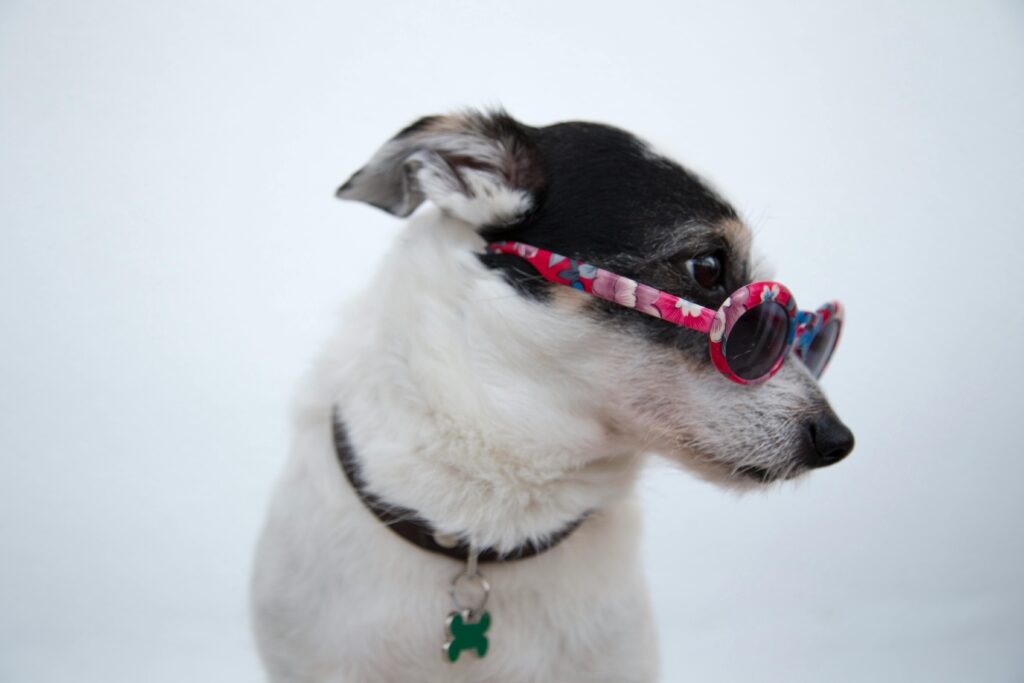Can Dogs Eat Bacon? What You Should Know

Table of Contents
As a dog owner, you might find yourself asking, “Can dogs have bacon?” This question often arises during breakfast or a summer cookout, where the tantalizing aroma of bacon fills the air. While the thought of treating your furry friend to a slice of crispy bacon might seem harmless, it’s essential to understand the implications of such a decision for your dog’s health.
In this article, we’ll dive deep into whether dogs can safely consume bacon, what the pros and cons are, and how to incorporate treats into a balanced diet for your canine companion.
Why It Matters

As pet owners, our priority is the well-being and longevity of our furry friends. According to the American Kennel Club, about 56% of dogs in the United States are overweight or obese. This alarming statistic highlights the importance of feeding our dogs nutritious and well-balanced meals. Excessive treats or unhealthy foods can contribute to these increasing obesity rates.
Furthermore, the World Health Organization has reported that obesity in pets can lead to a number of health issues, including diabetes, heart disease, and joint problems. Understanding what your dog can and cannot eat, especially when it comes to high-fat foods like bacon, is crucial for maintaining their health.
Imagine this: You’re enjoying a delicious breakfast, and your curious dog begs for a piece of bacon. It’s easy to give in to those pleading eyes, but are you potentially putting your pet at risk? Let’s explore this topic further.
Key Insights
The Basics of Canine Nutrition
Understand Your Dog’s Dietary Needs
The key to a healthy diet for dogs lies in understanding their nutritional needs. Dogs typically require a balance of proteins, carbohydrates, fats, vitamins, and minerals. If you’re considering adding bacon, ensure it’s in moderation and part of a well-rounded diet.
Risks of Feeding Bacon to Dogs
High Fat Content
Bacon is notoriously high in fat and salt. Excessive fat can lead to pancreatitis, a severe and painful inflammation of the pancreas. Studies show that dogs that consume high-fat diets are more likely to experience this condition.
Sodium and Seasonings
Many commercially prepared bacon products contain added salts and seasonings, which are not suitable for dogs. Too much sodium can lead to dehydration and other health issues.
Potential Allergens
Some dogs may have sensitivities to pork or certain additives in bacon. Always observe your dog for any adverse reactions when introducing new foods.
Healthier Alternatives to Bacon
Consider Lean Meats
Instead of bacon, opt for leaner meats like chicken or turkey. These alternatives provide protein without the excessive fat and salt content.
Treats Formulated for Dogs
Numerous commercially available dog treats are formulated with canine nutrition in mind. Look for options that contain real meat as the first ingredient without harmful additives.
Portion Control is Key
Fitting Treats into Their Diet
When thinking about giving your dog bacon, consider it as an occasional treat. It should never exceed 10% of your dog’s daily caloric intake. Calculate your dog’s nutritional needs with the help of your veterinarian.
Resources & Tools

To help you maintain your dog’s health and well-being, consider the following tools:
Pet Nutrition Apps
- MyFitnessPal for Pets: This app allows you to track your dog’s caloric intake and set dietary goals. It has a 4.4-star rating with over 30K downloads.
- Pawprint: Offers insights on pet health, including dietary recommendations specific to your dog’s breed and size. It boasts a user-friendly interface.
Dog Training Programs
- Ultimate Dog Training: Provides professional insights on training your dog for better behavior, particularly around food.
Mistakes to Avoid
Oversharing Human Food
One common mistake is assuming all human food is suitable for dogs. While sharing might seem harmless, foods rich in fat, sodium, and sugar can lead to health issues.
Ignoring Weight Management
Failing to account for treats in your dog’s overall diet can lead to weight gain. Ensure that treats are factored into their daily caloric intake to promote healthy weight management.
Relying Solely on Treats for Training
Using high-reward treats like bacon for training might seem effective, but consider healthier alternatives. Many training treats are lower in calorie counts designed specifically for easy training sessions.
Real Examples
Consider the story of Max, a Golden Retriever who was frequently given bacon as a treat. Initially, his owner thought it was harmless. However, after a few months, Max developed symptoms of pancreatitis, resulting in costly veterinary bills and a special diet that stripped him of his favorite snacks. Once his owner shifted to lean meats and healthier treats, they saw a significant improvement in Max’s health and energy levels, showcasing the importance of informed feeding.
Tailored Tips
For New Dog Owners
If you’re new to dog ownership, it’s crucial to consult your veterinarian when determining a proper diet. Introduce treats slowly and always prioritize balanced nutrition.
For Busy Professionals
If you’re short on time, consider batching homemade dog treats with healthy ingredients. Use simple recipes with chicken, carrots, or oatmeal to create nutritious snacks.
For Experienced Dog Owners
If you’re well-versed in dog care, focus on evaluating the quality of treats before purchase. Look for natural ingredients and consult with your vet about incorporating new foods.
Conclusion

So, can dogs have bacon? The answer lies in moderation and knowledge. While an occasional piece of bacon may not harm your dog, frequent consumption can lead to severe health risks. Prioritize your dog’s nutritional needs and consider healthier options for treats.
Try implementing one of the healthier alternatives today, and see how your dog enjoys it! Share your results or experiences in the comments below.
For more information about pet nutrition, check out our related posts on dog care and healthy treats.
FAQs
Can dogs eat cooked bacon?
Yes, dogs can eat cooked bacon in moderation, but it’s not the healthiest treat option.
Is turkey bacon healthier for dogs?
Turkey bacon is generally lower in fat compared to traditional bacon, but it can still contain high sodium levels. Ensure it’s without additives.
How much bacon can I give my dog?
Aim to provide only a small piece as an occasional treat—less than 10% of their daily caloric intake.
What other meats can dogs have?
Lean meats like chicken, turkey, and fish are great protein sources for dogs.
Are there any berries that can be shared?
Yes, many fruits, including blueberries and strawberries, are safe for dogs and can serve as healthy treats.
This comprehensive guide not only helps you understand if dogs can eat bacon but also provides valuable insights into maintaining your dog’s overall health and nutrition. Always prioritize your pet’s well-being!



